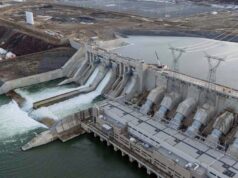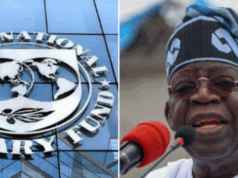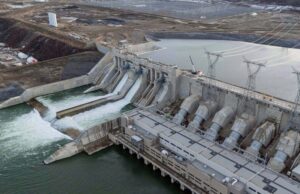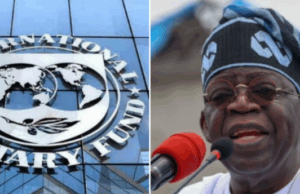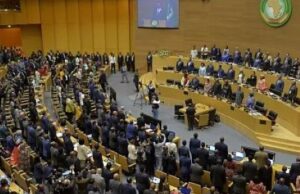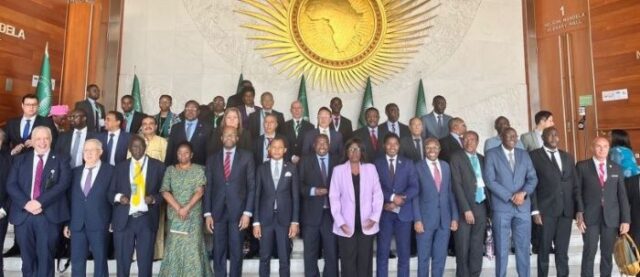
(3 Minutes Read)
The first extraordinary session of African Ministers of Trade, Industry, and Mining, organised by the African Union Commission, concluded in Addis Ababa, Ethiopia. The meetings focused on advancing regional integration and assessing the implementation of the African Continental Free Trade Agreement (AfCFTA), which has entered its operational phase.
The first extraordinary session of African Ministers of Trade, Industry, and Mining, organised by the African Union Commission, concluded in Addis Ababa, Ethiopia. The meetings focused on advancing regional integration and assessing the implementation of the African Continental Free Trade Agreement (AfCFTA), which has entered its operational phase. Discussions also addressed the varying levels of regional economic integration across Africa’s economic communities and trade blocs.
Egypt’s Minister of Investment and Foreign Trade, Hassan El Khatib highlighted the importance of industrialisation in addressing Africa’s low levels of intra-continental trade, which lag behind global averages. With the Third Industrial Development Decade for Africa set to conclude in 2025, El Khatib called for a renewed focus on the upcoming Fourth Industrial Development Decade, starting in 2026, to boost industrial output and enhance value chains in African trade sectors.
Participants agreed on the importance of balanced regional integration to ensure the full and inclusive implementation of the AfCFTA. This approach aims to integrate all African nations into the agreement before progressing to deeper levels of integration. Ministers also reached a consensus to organise a conference to evaluate the readiness of African countries to negotiate new frameworks, such as a common African market or customs union, as envisioned in the Abuja Treaty, a cornerstone of Africa’s integration agenda. They also stressed the need for sustainable management of Africa’s vast mineral resources. He urged the adoption of strategies that incorporate environmentally responsible practices while adding value to raw materials extracted within the continent. This approach would maximise the benefits of Africa’s natural wealth and ensure a stronger contribution to the continent’s economic growth.
Secretary-General of the AfCFTA, Wamkele Mene, praised Egypt for its strong commitment to continental trade. Mene noted that Egypt has issued the highest number of certificates of origin under the AfCFTA in recent months, underscoring the country’s leadership in promoting intra-African trade and its active role in advancing the AfCFTA’s objectives.
The session also marked the adoption of Africa’s Green Minerals Strategy, a new initiative aimed at driving a fair and sustainable transition to a low-carbon economy. The strategy aligns with the African Union’s Agenda 2063 and the Second Decade Plan of Action, focusing on leveraging the continent’s mineral wealth to support the global energy transition while ensuring environmental sustainability.
Read Also:
https://trendsnafrica.com/african-union-asks-for-debt-relief-at-china-africa-summit/
A final ministerial communiqué was issued after the session, summarising key recommendations that will be submitted to the African Union’s decision-making bodies. These recommendations are expected to be reviewed by African heads of state and government at the AU Summit scheduled for February 2025. The extraordinary session brought together African ministers, the AU Commissioner for Trade and Industry, the Secretary-General of the AfCFTA, and representatives from international organisations, including the United Nations, the European Union, development banks, and African development partners.



